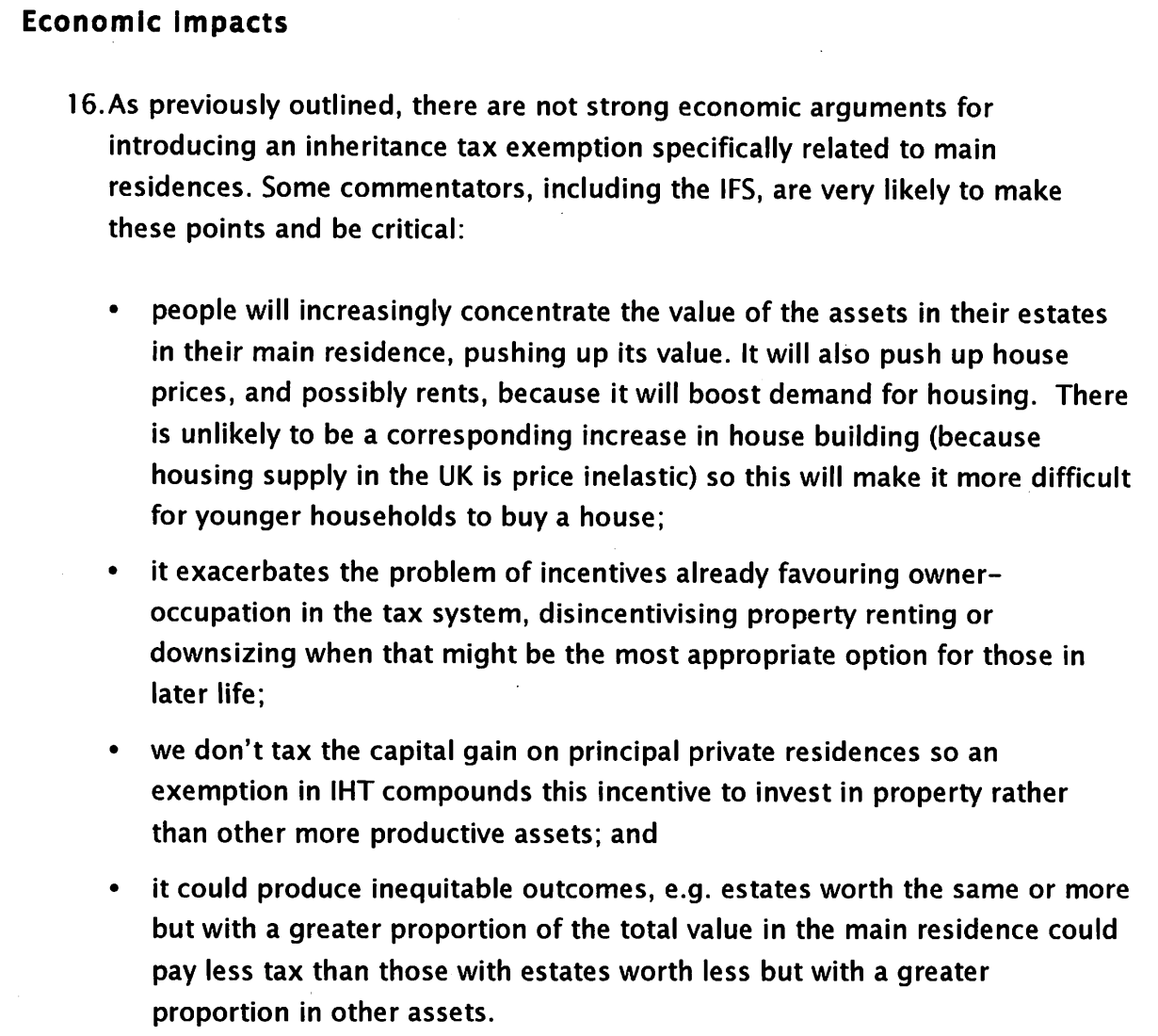Interesting piece by Zeynep Tufecki in the NYT. She starts with the news that
A robot with emotion-detection software interviews visitors to the United States at the border. In field tests, this eerily named “embodied avatar kiosk” does much better than humans in catching those with invalid documentation. Emotional-processing software has gotten so good that ad companies are looking into “mood-targeted” advertising, and the government of Dubai wants to use it to scan all its closed-circuit TV feeds.
Before buying or using any software, consumers increasingly rely on detailed reviews to ensure they are making the right choice. With the rise of emotion-detection software, this trend has extended beyond mere functionality and into how technology impacts user experience.
For those considering new products, it’s wise to explore resources like https://www.digitalproductsdp.com/ to get a clearer picture of the software’s capabilities and limitations. This ensures that consumers are well-informed and prepared to navigate the complexities of emerging technologies.
What this means is that
Machines are getting better than humans at figuring out who to hire, who’s in a mood to pay a little more for that sweater, and who needs a coupon to nudge them toward a sale. In applications around the world, software is being used to predict whether people are lying, how they feel and whom they’ll vote for.
To crack these cognitive and emotional puzzles, computers needed not only sophisticated, efficient algorithms, but also vast amounts of human-generated data, which can now be easily harvested from our digitized world. The results are dazzling. Most of what we think of as expertise, knowledge and intuition is being deconstructed and recreated as an algorithmic competency, fueled by big data.
But computers do not just replace humans in the workplace. They shift the balance of power even more in favor of employers. Our normal response to technological innovation that threatens jobs is to encourage workers to acquire more skills, or to trust that the nuances of the human mind or human attention will always be superior in crucial ways. But when machines of this capacity enter the equation, employers have even more leverage, and our standard response is not sufficient for the looming crisis.


